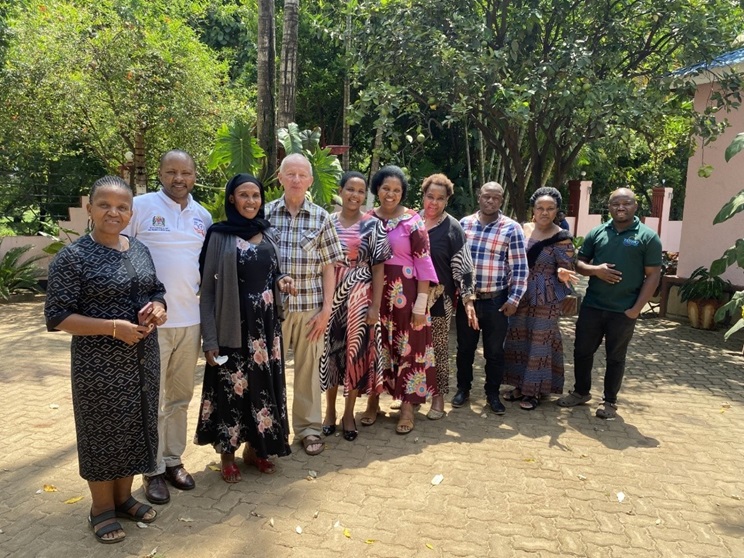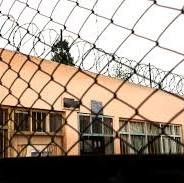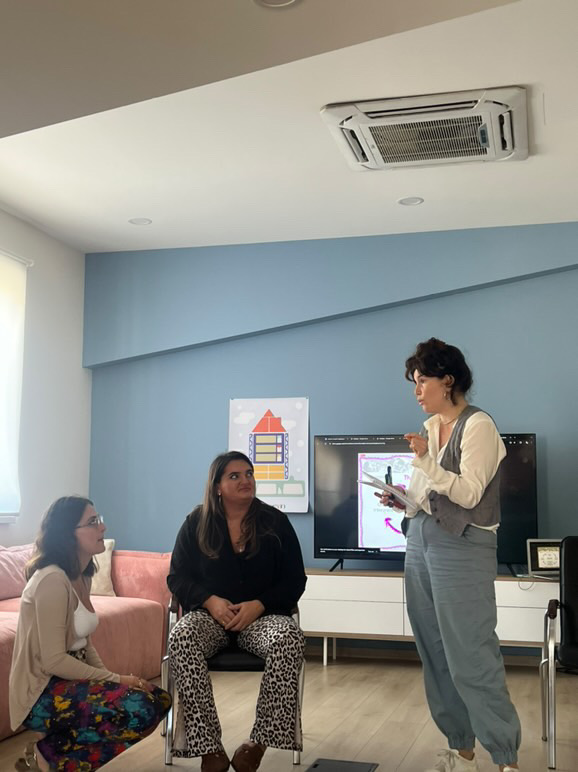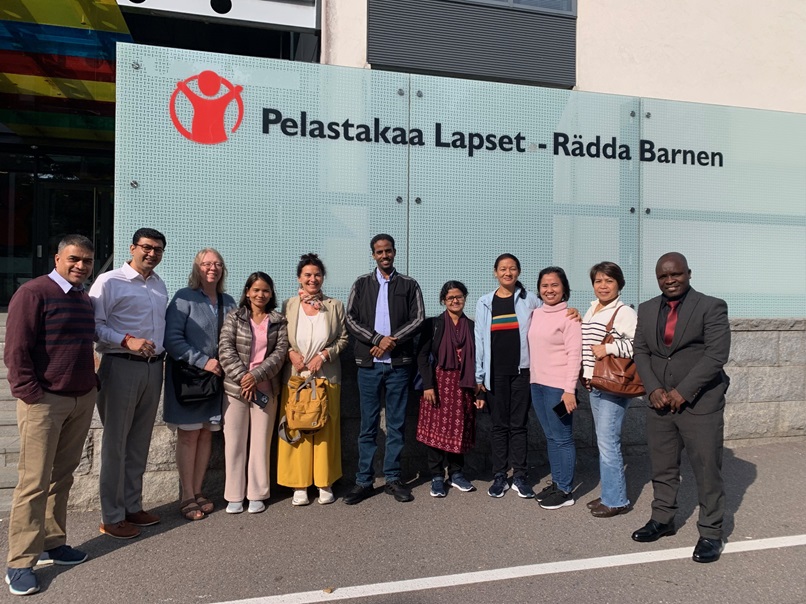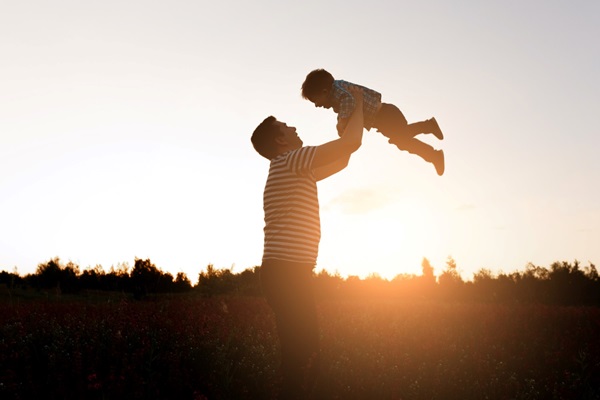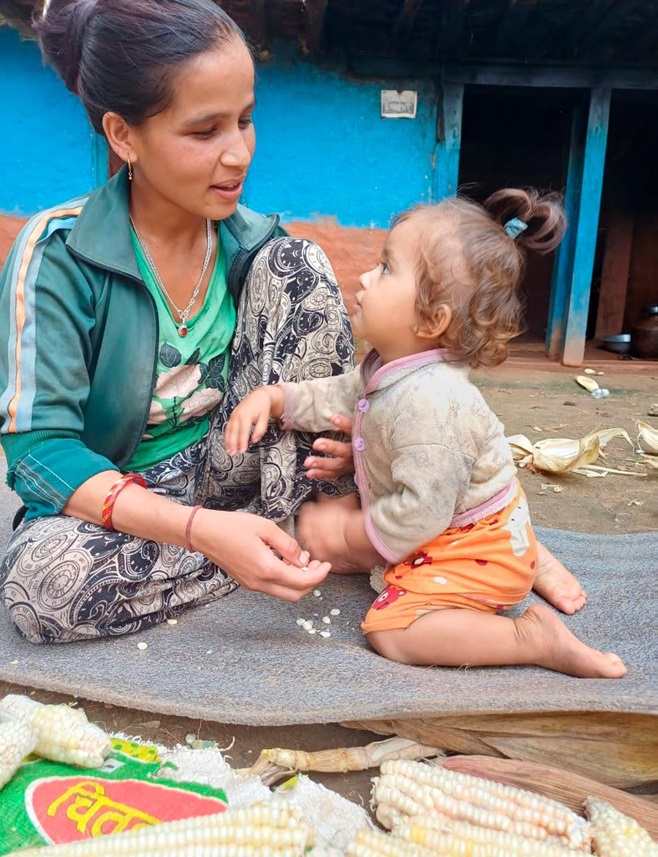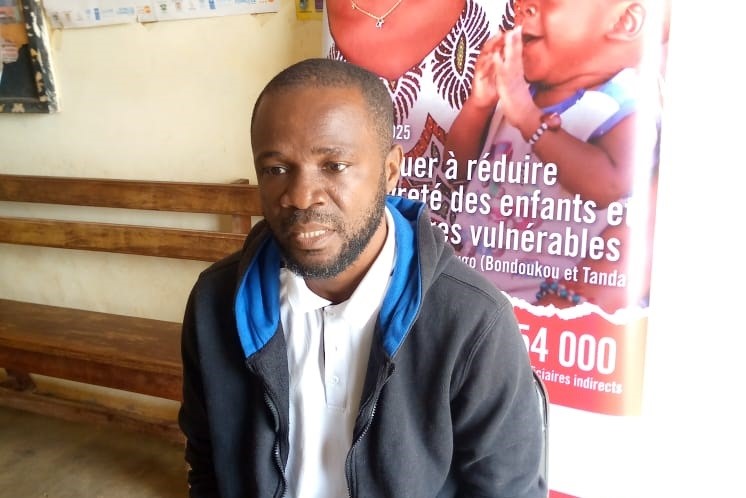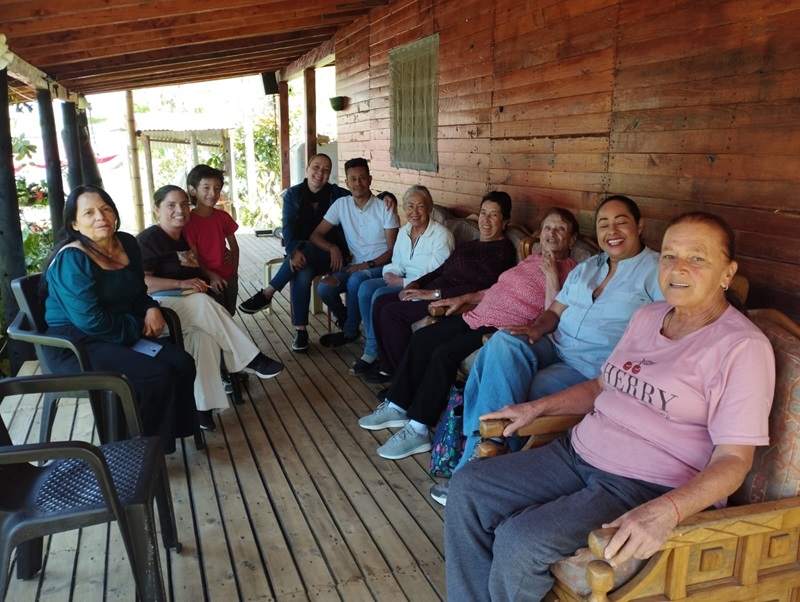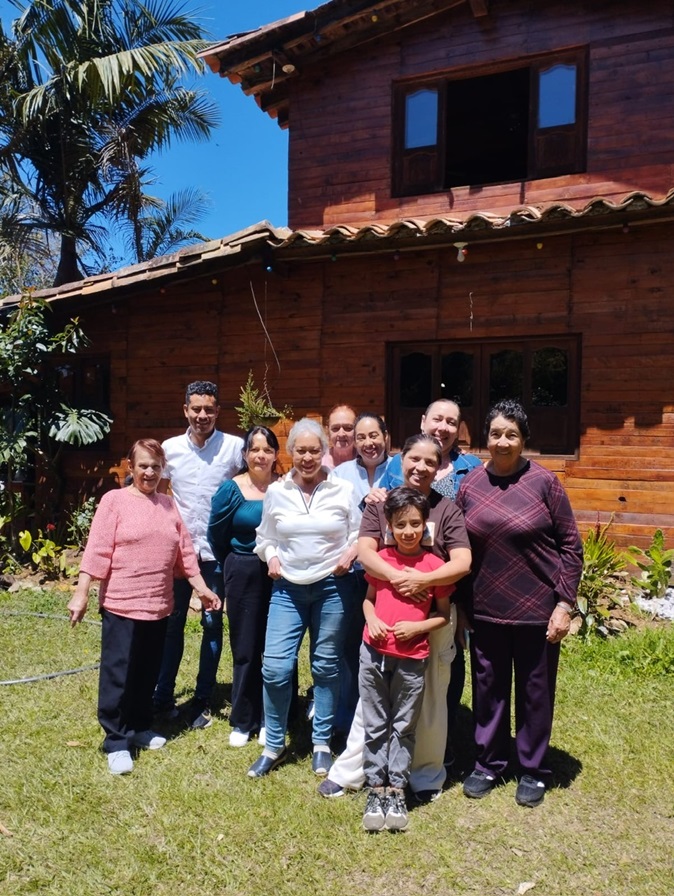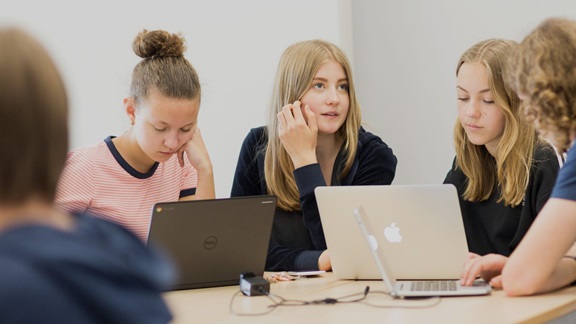On photo above, from left to right: Nivoneia Kikaho, Ezekiel Assecheck, Mariam Athumani, Patrick O’Loughlin, Veronica Amo, Martha Massawe, Chiku Ali, Godwini Hilari, Irene Ringo, Daniel Kasikiwe
Eight facilitators based in four areas of Tanzania: Arusha, Singida, Mbulu and Haydom completed training as trainers in 2024. Gunnar Eide, representing FO (Norwegian association for social workers) is the International Coordinator of this project. FO has supported Taswo (Tanzanian association of social workers) since 2015. Uptil 40 facilitators have been trained since then by two experienced trainers from Moshi, Egla Matechi and Verynice Fredrick. They in turn were trained by Grete Flakk from Norway.
Ezekiel Assecheck from Taswo has been the National Coordinator. Chiku Ali (Tanzania) and Patrick O’Loughlin (Ireland/UK) based in Norway were the International Trainers (ITs) for the TOT 2024. The training started with an eight-day seminar in Babati in January 2024. At first a lot of time was devoted to sharing from personal and professional experiences. This paved the way to forming an intimate, supportive group. “I felt like I was saying goodbye to my new family in Tanzania” said Patrick after this first seminar. There was time for Chiku to take the group through many ideas regarding awareness of harmful traditional practices and for Patrick to share a basic understanding of trauma.
Trainee trainers (TTs) had already started recruiting facilitator candidates in November 2023 and this meant training of all facilitators, in four groups each with two TTs, was completed by June 2024. TTs met the ITs for online supervision during the first half of 2024. Ezekiel had an essential role coordinating the TTs and dealing with many local issues. A key success factor was that Gunnar and colleague Erik Solaas met the eight TTs in April for two days of training and after that visited their training of facilitators locally, altogether forty new facilitators which now makes the total number of facilitators in the four areas around eighty.
TTs worked intensively to complete the facilitators’ training, including supporting and finally accepting their log-books. No time was then wasted as the TTs completed all required written work. This could not have been achieved so efficiently without the ability of Chiku to work with the TTs in Kiswahili.
The scene was then set for a return to Babati for the final 3-day seminar 29th September – 1st October. All TTs were able to demonstrate their in-depth knowledge of ICDP and how to support the development of a wide range of skills in their trainee facilitators. A wonderful dinner and certificate ceremony rounded off the final seminar attended by local Social Work leaders and Heidi Steel from ICDP Norway. It was a special honor for us that trainer Egla Matechi from Moshi attended. Patrick and Chiku learned a lot regarding applying ICDP in different cultural settings and can further develop trainings in Norway, Tanzania and other contexts.
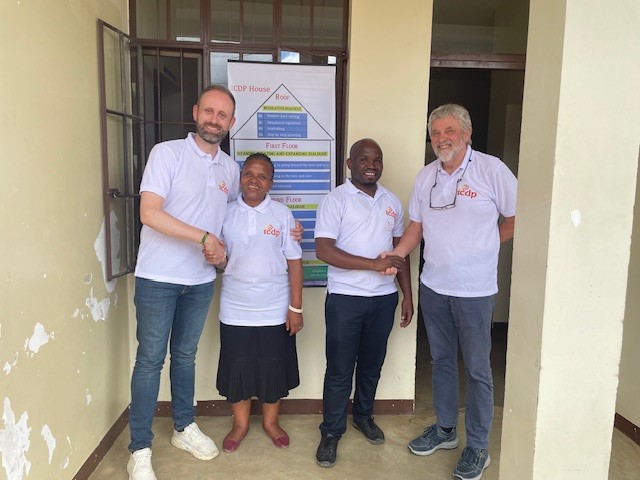
On photo above: Erik and Gunnar meeting two new trainers, Nivo and Daniel, in Arusha.

